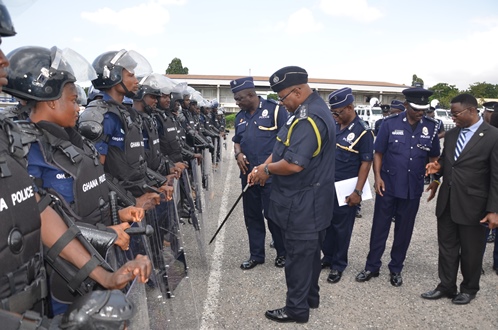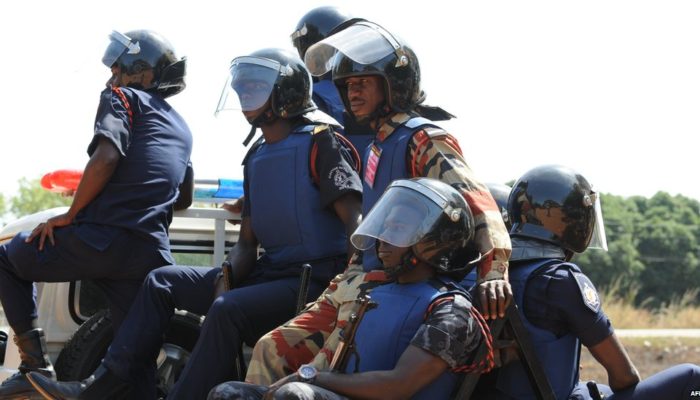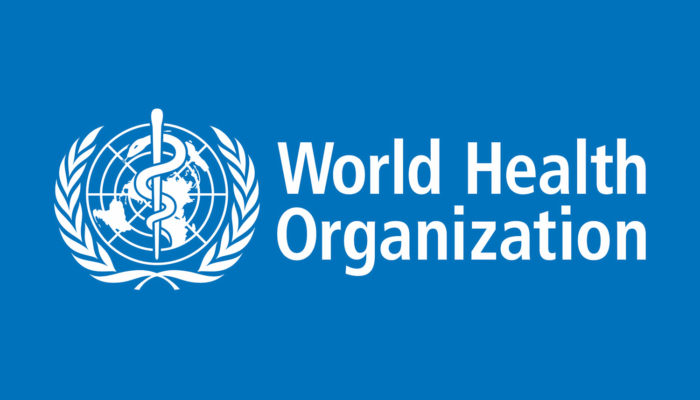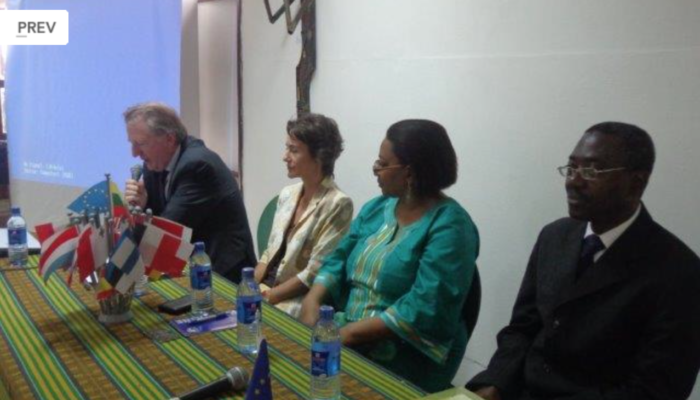The Christian Council of Ghana (CCG) has charged the police to treat cases of violent attacks allegedly carried out by New Patriotic Party (NPP) supporters as criminal cases.
Council General Secretary, Reverend Opuni Frimpong has wondered why some individuals would want to foment dissension after the country has been lauded for holding a successful general election.
He wants the leadership of the various political parties especially the NPP and governing National Democratic Congress (NDC) to disown supporters who are found disturbing the peace of the country.
The NDC has expressed its dissatisfaction in what it has described as selected attacks on its members following its defeat to the NPP in last week Wednesday’s presidential election.
CCG General Secretary, Reverend Opuni Frimpong
There have been nine alleged attacks reported across the country. There have been three in Twifo Praso, one in Teshie, two in Kukuom, two in Fiapre in the Brong Ahafo Region and one in Dunkwa Onofin in the Central Region.
National NDC Chairman, Kofi Portuphy at a news conference in Accra Thursday said the party would no longer countenance on such attacks.
He promised of retaliation if the attacks should continue after January 7 when President-elect, Nana Addo Dankwa Akufo-Addo would be sworn-in as leader of the country.
The police have warned the NDC to abandon its decision since they are already addressing the issue across the country.
Police PRO, Superintendent Cephas Arthur in an interview with Francis Abban, host of The Pulse programme on JOYNEWS channel on MultiTV said the police have arrested eight persons in connection with the attacks.
He said the NDC would breach the law if it takes matters into its own hands. Leave the issues to the police to address them, he told the NDC.
Rev. Frimpong said the nation has reached a level where political actors have to respect the laws of the land.
“Democracy thrives on law-abiding citizens,” he said, adding political parties have to restrain their supporters in the country.
“Such violent attacks are criminal issues,” he said, adding the Council expects the NPP to condemn alleged vandalism carried out by its supporters at Dunkwa-on-Offin.






